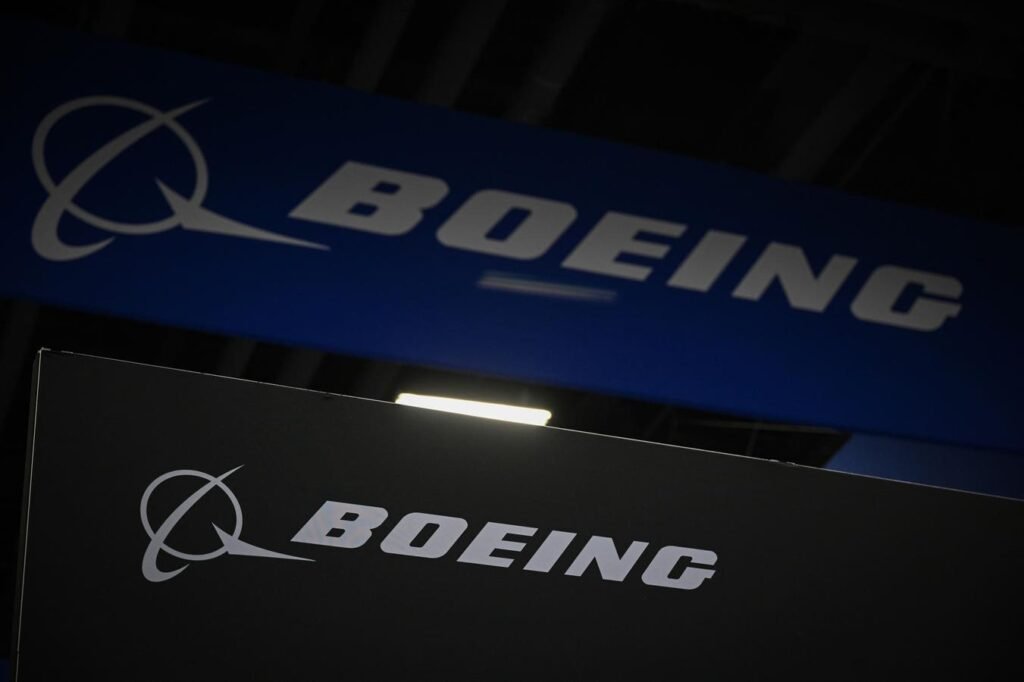Boeing is currently positioned as a better investment option over Airbus due to its more attractive valuation. While Airbus trades at a higher valuation of 1.9x trailing revenues compared to Boeing’s 1.4x, this may be attributed to the 30% decline in Boeing stock this year due to ongoing issues with its 737 MAX aircraft. Despite Airbus stock rising 3% this year, Boeing’s superior profitability and financial position provide a compelling case for its potential outperformance over the next three years. Factors such as historical revenue growth, returns, and valuation are compared to support this prediction.
The ongoing issues with the 737 MAX aircraft have put pressure on Boeing, leading to incidents like the detachment of the cabin side panel midair on Alaska Air’s Boeing 737 Max 9 flight, resulting in the FAA grounding the aircraft. Quality issues with fuselages on unfinished planes have also caused uncertainties and delays in deliveries. Failure in product audits and the need to acquire a supplier to address quality problems have further added to Boeing’s challenges. With Boeing CEO Dave Calhoun set to step down and a lack of recent 737 MAX orders, the company faces increased scrutiny and restrictions on jet deliveries.
Although Boeing’s stock has declined by 20% from early 2021 levels, while Airbus has seen strong gains of 60% over the same period, the two companies’ performance has been inconsistent. Returns for Boeing and Airbus stocks have varied across different years, with both underperforming the S&P 500 in 2021. Despite the uncertain macroeconomic environment and challenges such as high oil prices and elevated interest rates, both companies are expected to trend higher, with Boeing potentially outperforming Airbus following its recent decline.
Boeing and Airbus have experienced similar revenue growth trends, with Boeing reporting an average annual rise of 10.3% and Airbus at 9.5% from 2020 to 2023. However, Airbus boasts higher profitability, with an expanding operating margin and improved bottom-line performance compared to Boeing. Airbus also maintains a better financial position with lower debt and higher cash reserves. These factors, along with favorable valuation metrics for Boeing, support the belief that it is the better choice between the two companies for potential investment.
Looking ahead, Boeing’s ongoing issues with the 737 MAX aircraft are seen as transient, with the company expected to emerge stronger as it focuses on improving quality and expanding its monthly deliveries. Both Boeing and Airbus have significant backlogs of orders, indicating strong demand for new aircraft in the coming years. Due to factors such as pilot and engineer training on specific aircraft types and long-term contracts between carriers and manufacturers, the impact of Boeing’s challenges on Airbus is limited. Long-term investors are likely to benefit from investing in Boeing during its current dip for potential gains in the next three years.
In conclusion, Boeing is positioned as a better investment choice over Airbus due to its attractive valuation, potential for improved financial metrics, and focus on resolving ongoing challenges with the 737 MAX aircraft. While both companies face uncertainties in the near term, Boeing’s strengths and the transient nature of its issues suggest a positive outlook for future performance. Investors looking for potential growth and stability in the aerospace industry may find Boeing to be a compelling option for long-term gains.












